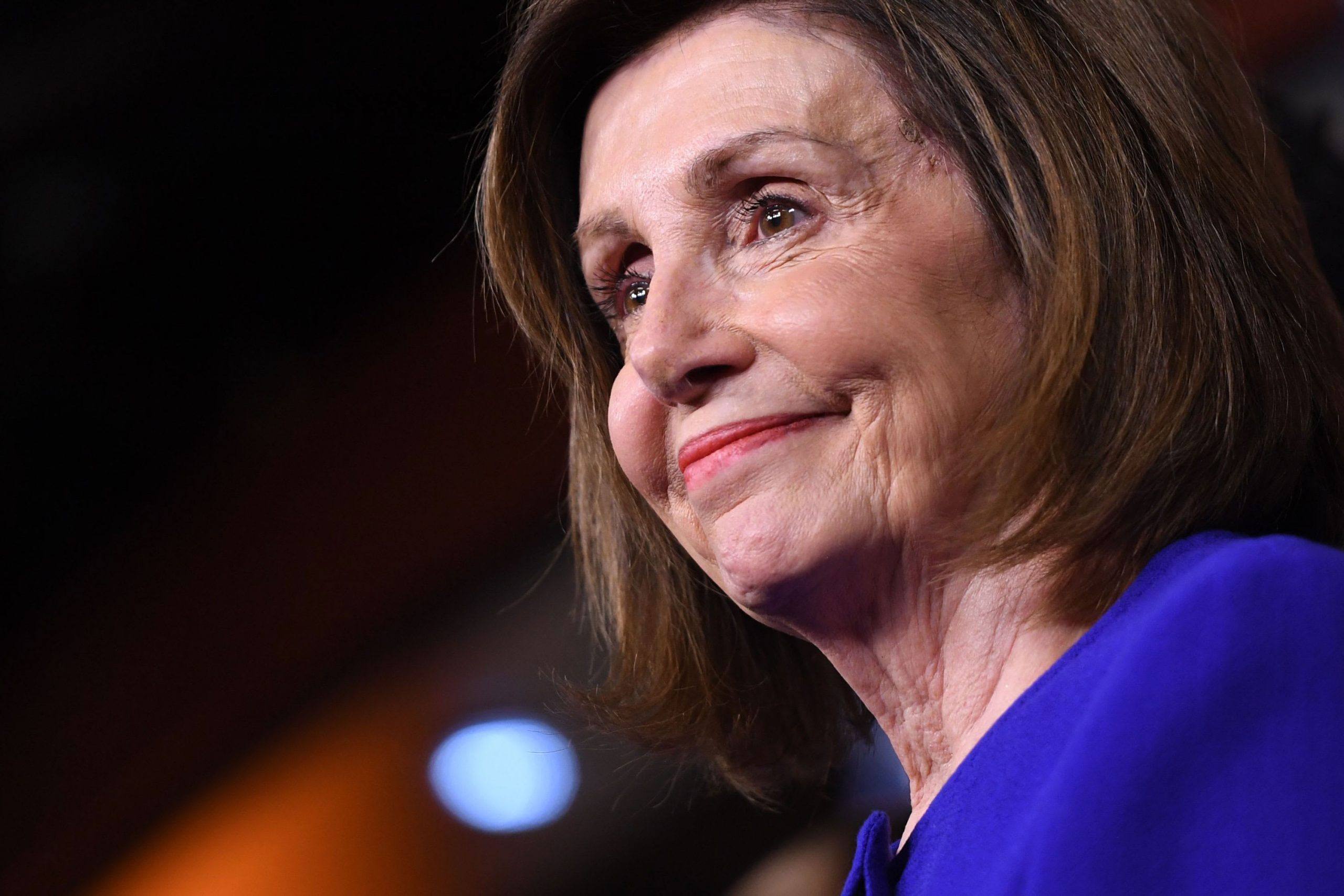
Speaker of the House Nancy Pelosi, December 10, 2019.
Saul Loeb | AFP | Getty Images
The House of Representatives on Thursday passed Speaker Nancy Pelosi‘s drug pricing legislation, a sweeping bill that will allow the U.S. government to negotiate lower prices on the costliest drugs each year.
The legislation, which passed the House 230 to 192, was widely expected to be approved in the House, where Democrats control the chamber with 233 seats versus 197 held by Republicans. Pelosi reached an agreement days before with a key bloc of liberal Democrats who thought the bill didn’t go far enough and were threatening to oppose it on the House floor. Two Republicans voted in support of the bill.
The bill’s chances of becoming law are slim. The legislation is unlikely to be taken up in the Senate, where lawmakers have introduced a competing health-care bill. Additionally, Senate Majority Leader Mitch McConnell has previously ruled out any action on Pelosi’s bill, and President Donald Trump, who is in the middle of an impeachment inquiry, has vowed to veto it. Nevertheless, the legislation will likely give voters a preview of the party’s platform on health care ahead of the 2020 elections.
The legislation “delivers on President Trump’s promise to the American people,” Pelosi said Thursday, referring to Trump’s comments in 2016 that he would “negotiate” the cost of drugs “like crazy.” “Negotiation is what this bill is about.”
Current rules prohibit the Department of Health and Human Services from negotiating drug prices on behalf of Medicare — the federal government’s health insurance plan for the elderly. Private insurers use pharmacy benefit managers to negotiate drug rebates from pharmaceutical manufacturers in exchange for better coverage.
The nonpartisan Congressional Budget Office estimates Pelosi’s bill, if enacted, would save Medicare $ 456 billion over a decade but also keep eight new drugs from coming to the U.S. market.
Republicans and the drug industry were heavily opposed to the bill. House Republicans criticized it as highly partisan and warned that the legislation would spur the loss of lifesaving cures and medical innovation. Industry trade group PhRMA, or the Pharmaceutical Research and Manufacturers of America, shared similar sentiments, saying it would result in at least 56 fewer medicines.
Private equity investors had also been lobbying against Pelosi’s bill, telling her legislative aides in a series of private meetings in recent weeks that the plan would dry up financing for small biotech companies.
“With today’s vote, the House prioritized politics at the expense of innovation, American jobs and hope for patients,” PhRMA president and CEO Stephen Ubl said in a statement Thursday.
Pelosi and fellow House Democratic leaders had been working for months on a plan to reduce U.S. drug prices. High prescription drug costs have become a rare bipartisan issue, drawing support from Democrats in Congress and the Trump administration. Health care remains a top issue for voters ahead of the 2020 presidential election. Congress and the Trump administration are trying to pass legislation before the end of the year that would bring more transparency to health-care costs and, ultimately, lower costs for consumers.
In the Senate, lawmakers are working on their own drug pricing bill, seen as a more “moderate” alternative to Pelosi’s.
Senate Finance Committee Chairman Chuck Grassley, R-Iowa, and ranking Democrat Ron Wyden, of Oregon, unveiled last week a revamped version of their bipartisan drug price bill that is backed by Trump. It would make changes to Medicare by adding an out-of-pocket maximum for beneficiaries and capping drug price increases at the rate of inflation, among other measures.
